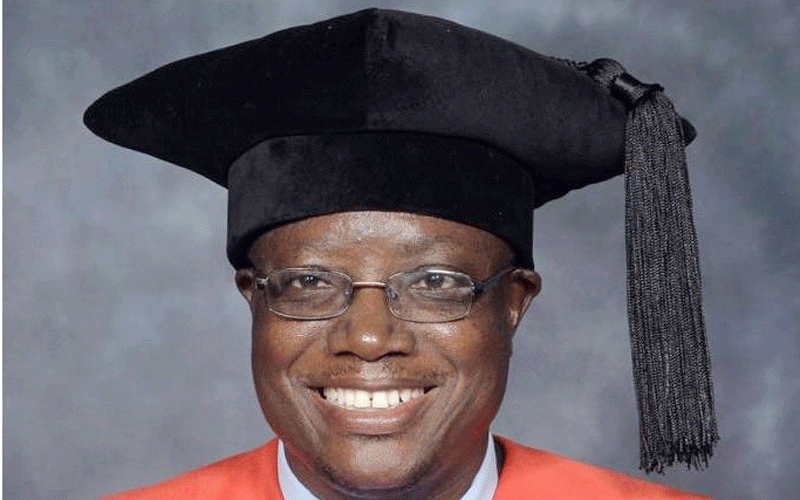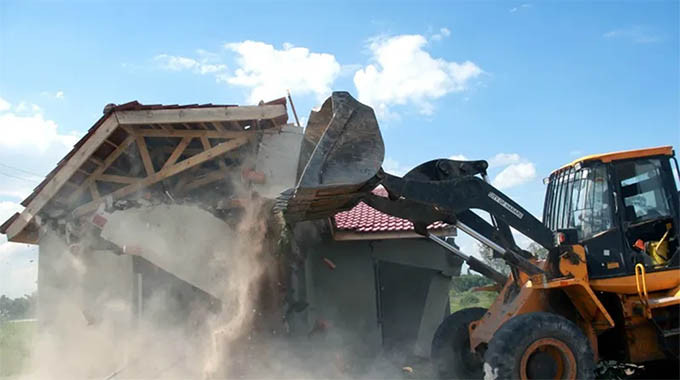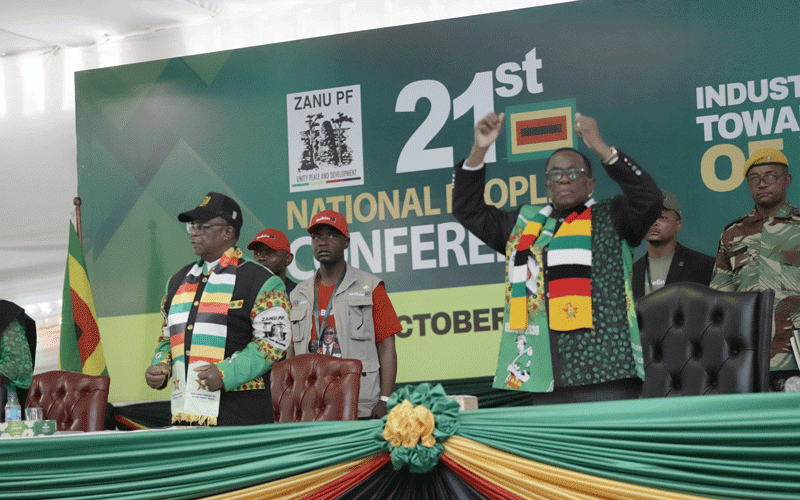
By Themba Sibanda
SEVENTY-ONE-year-old Lilian Ndlovu from Nhwali village in Gwanda has all but given up on life.
She sits under the shade of a jacaranda tree in central Gwanda town awaiting transport back home after a day of toiling.
Her sad story of challenges is written all over her weary face for all to read.
Looking closely at her, one can peruse through the chapters of her life’s story from the first to the very last.
Things have turned upside down and she, given her age, has run out of ideas on how she can piece the pieces of her life’s puzzle together to give her hope for the future.
Now, in the midst of Covid-19, she faces the burden of navigating new challenges ushered in by the global pandemic.
As a recipient of an approximately $400 monthly payout from her late husband’s pension, she is expected to commute to Gwanda town monthly, about 60km southwest of her village, to access the funds.
- Chamisa under fire over US$120K donation
- Mavhunga puts DeMbare into Chibuku quarterfinals
- Pension funds bet on Cabora Bassa oilfields
- Councils defy govt fire tender directive
Keep Reading
This is the first hurdle she needs to overcome.
“Our village is far away from Gwanda business centre,” she said.
“For us to get here, we have to hike as there is no public transport. Buses stopped plying our route in February.
“We are told that it will take time for the buses to come back because of this coronavirus thing.”
Ndlovu and other villagers in her area have to fork out as much as R50 for a one-way trip to Gwanda and another R50 for the return trip home — fares that transport providers demand in foreign currency.
Public transport utility Zimbabwe United Passenger Company (Zupco) buses that are allowed to ferry the public do not get to this part of the world as they were deployed to ply routes closer to the town centre.
“To add to our woes, we have to pay these people who provide us with transport in foreign currency,” Ndlovu said.
“They want their R50 in hard forex, not even in our local currency.
“They say they buy their fuel in foreign currency and they can’t charge us in Zimbabwean dollars. If you do not have the foreign currency, you run the risk of not getting the transport to the town centre,” she says.
Ndlovu tells this writer that problems with transport to and from Gwanda town can only be described as a precursor to bigger problems they encounter on a regular basis.
In the event that one gets transport, they then have to put up with roadblocks all the way to the town centre that police have set up to curb the unsanctioned movement of non-essential workers.
Here, the police demand letters that allow people to move around—despite this requirement being outlawed recently by the courts.
Being a pensioner is often not a good enough excuse for them.
“Ngwanaka (My son), the police officers and the soldiers who man the roadblocks are very hostile to people, even elders like us,” Ndlovu said.
“They harangue people. They shout and punish people all in the name of enforcing the law.”
She added: “There are times when we are forced to sit in the sun as punishment for moving without permission.”
A difficult trip into town is not the end of their woes as sometimes the banks cannot serve them due to network challenges.
“Those with relatives in town have lesser problems,” Ndlovu said.
“If you don’t have relatives in town like some of us, you end up sleeping outside banks because we do not have the money to go home and come back the following day.”
Thulani Moyo, the councillor for Gwanda urban’s ward 9, said community leaders had advised the government to facilitate transport for people in Ndlovu’s situation such as pensioners and elders to avert a crisis.
However, no action had been taken by the central government on the advice the leaders had proffered.
“We know that the situation here is very bad when it comes to our people accessing services in Gwanda,” said Moyo.
“We, as community leaders, have pleaded with the government, through the (Matabeleland South) minister of State [Abednico Ncube] that some buses or some form of transport be availed to elderly people and pensioners on a given date to enable these people to travel to Gwanda town and sort out their issues as far as groceries, pensions, and all other matters that concern their lives are involved.
“Promises and undertakings have been made in this regard, but we are yet to see these promises coming to fruition.”
Former Gwanda mayor Thandeko Zinti Mkandla, who now devotes his time to helping the elderly, said there was need for the government to come up with programmes tailored to benefit the elderly and pensioners during this time of the Covid-19 pandemic.
“We have a lot of challenges facing our elderly people and pensioners here,” Mnkandla said.
“These people have serious challenges that require urgent attention.
“We have had to deploy our own resources at times to come to the rescue of some of these families. It is now critical that the powers-that-be find an answer to the challenges these people face, especially at this point in time when we are faced with this Covid-19 issue.
“The government cannot continue to turn a blind eye and a deaf ear to these people’s challenges.”
l This article was originally published by The Citizen Bulletin, a hyperlocal news outlet covering Covid-19 in Matabeleland.










